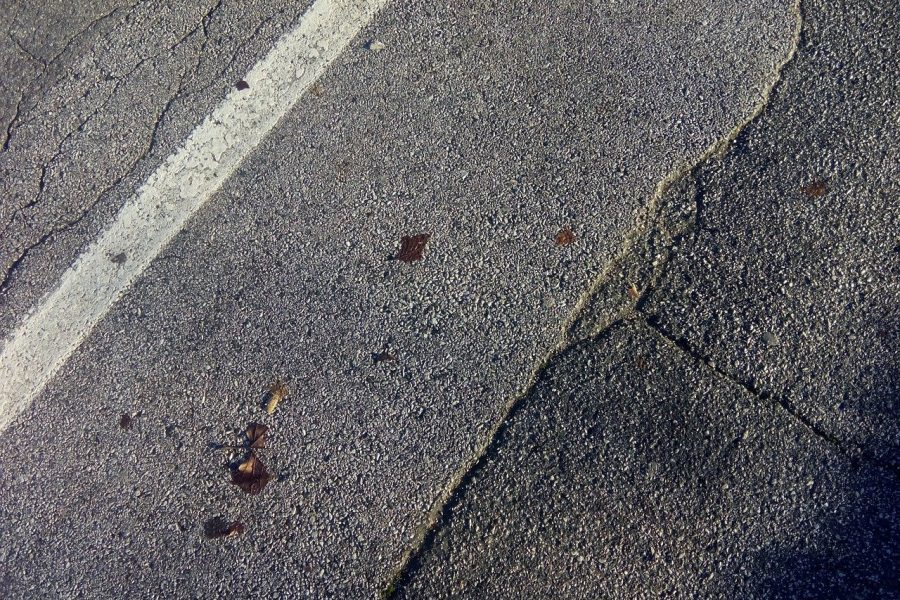After six years and no less than three amici filed by PRI, we are gratified that the U.S. Supreme Court upheld Americans’ First Amendment right to make donations to charities such as PRI. The Court struck down as facially unconstitutional the California Attorney General’s requirement that charities disclose the identities of their major donors to the state—exposing those donors to harassment.
If you believe in good government – you might be wondering how this supposedly confidential information was out in the open? Here’s the backstory. It was about a decade ago when then-California Attorney General Kamala Harris announced the policy requiring charities in California to provide a list of their major donors to the state, claiming the disclosure was necessary to protect the public from fraud. Charities across the state protested. Concerned that their donors would be exposed to harassment by the government and its allied interest groups, Americans for Prosperity, an organization whose contributors included the Kochs, filed a suit in 2014 to block the policy’s enforcement.
An amicus brief on the side of AFP was filed by none other than the ACLU, who found that nearly 1,800 confidential disclosure forms were easily accessible on the website of the California State Registry of Charitable Trusts – 38 of these forms were discovered on the eve of the trial, but some had been up since 2012.
Getting at these forms was embarrassingly easy. “‘By altering the single digit at the end of the URL’ corresponding to each file on the Registry website, Petitioner’s expert witness ‘was able to access, one at a time, all 350,000 of the Registry’s confidential documents,’” wrote the ACLU, quoting from the trial record.
The U.S. District Court ruled rightly in favor of AFP, but the decision was overturned by the Ninth Circuit. It was then appealed to the U.S. Supreme Court, which ruled for AFP.
Today’s cancel culture should make us especially vigilant in protecting our First Amendment rights and liberties as Americans. In PRI’s amicus brief, we wrote:
At any given time, some groups will be out of favor with the current regime, and the temptation to abuse government power will always exist. Such abuses can be aimed at persons who support opponents, opposing viewpoints, or even nominally friendly rivals….The long roster of such abuses of power in the history of American government teaches that it is not unreasonable paranoia but constitutional prudence that should lead us to avoid, wherever possible, giving those in power weapons with which to intimidate or target those who disagree with them.
But PRI fellow in legal studies, Erik Jaffe, a constitutional attorney and PRI’s counsel of record, went a bit further when we interviewed him on PRI’s Next Round podcast. It wasn’t just cancel culture he was concerned about, “there was considerable evidence in this case, I thought, that it was the government of California itself that retaliated against donors to disfavored groups even when they weren’t releasing their information to the public.… shame on the California government.”
The fact is, the state rarely used these confidential documents when investigating fraud. Richard Thompson, chief counsel and president of Thomas More Law Center, the other plaintiff in the case, explained that the state of California rarely uses the Schedule B (the required form for listing major donors) to investigate fraud. He noted that California performed 540 investigations in the last several years, and only about five times did any investigation involve the Schedule B. Nevertheless, California collected roughly 60,000 of the forms every year.
So whether California’s justice department was spectacularly incompetent in keeping donor names private, or if something more nefarious was at hand, we’re glad justice prevailed.
Rowena M. Itchon is senior vice president of the Pacific Research Institute.


